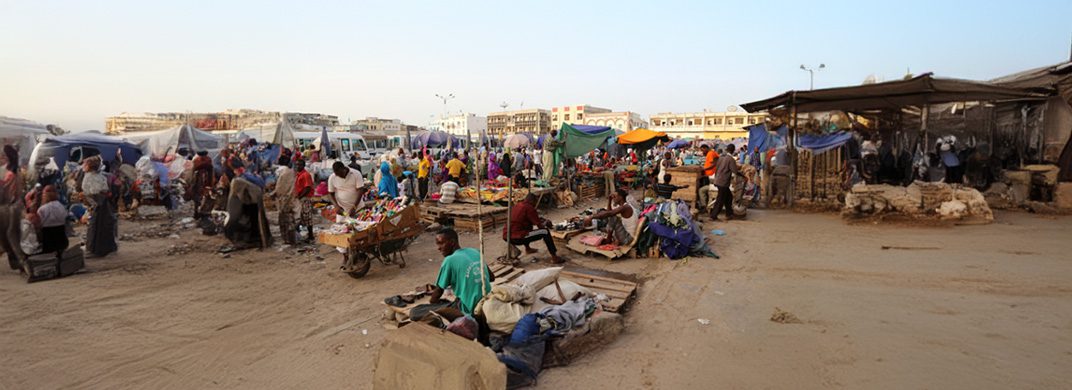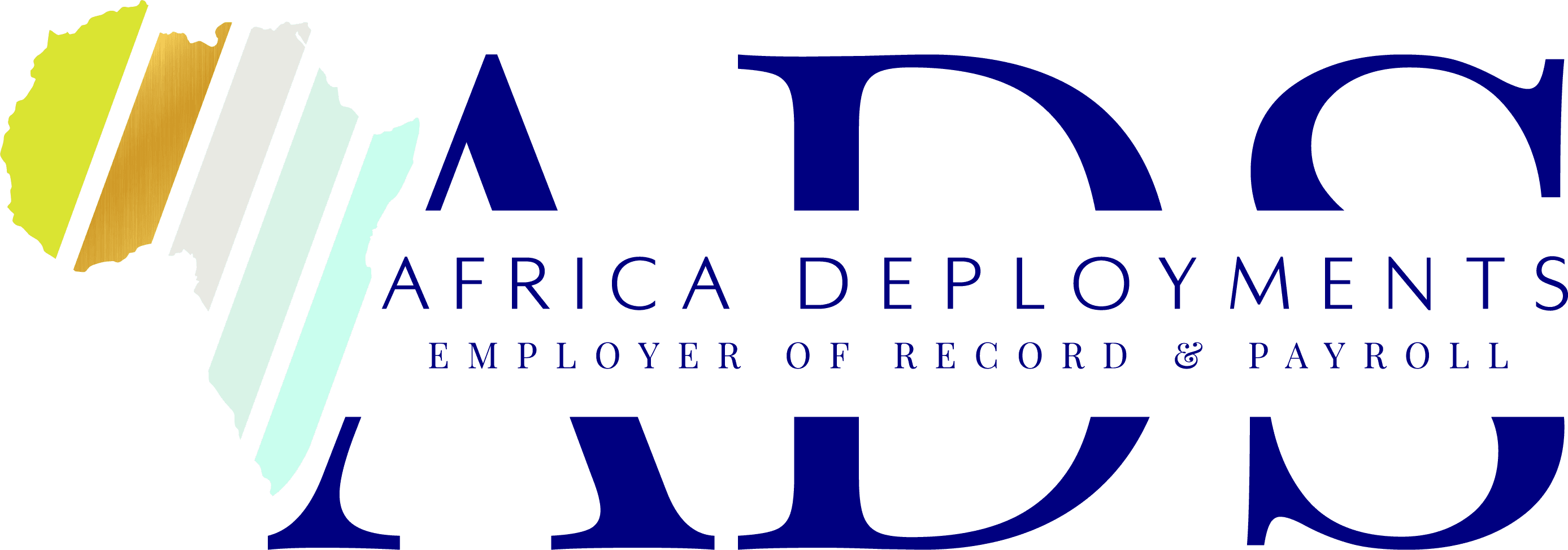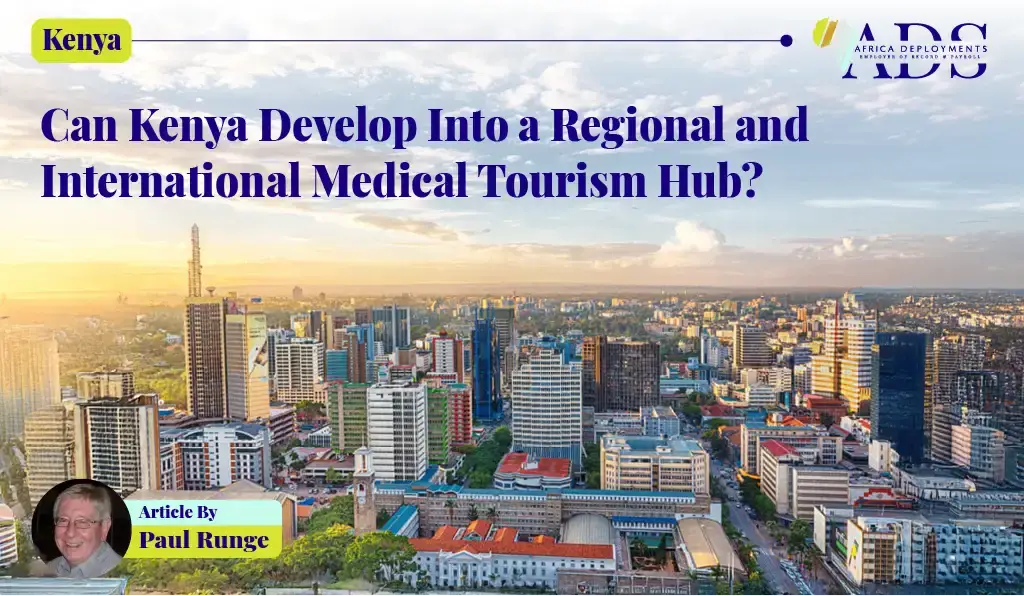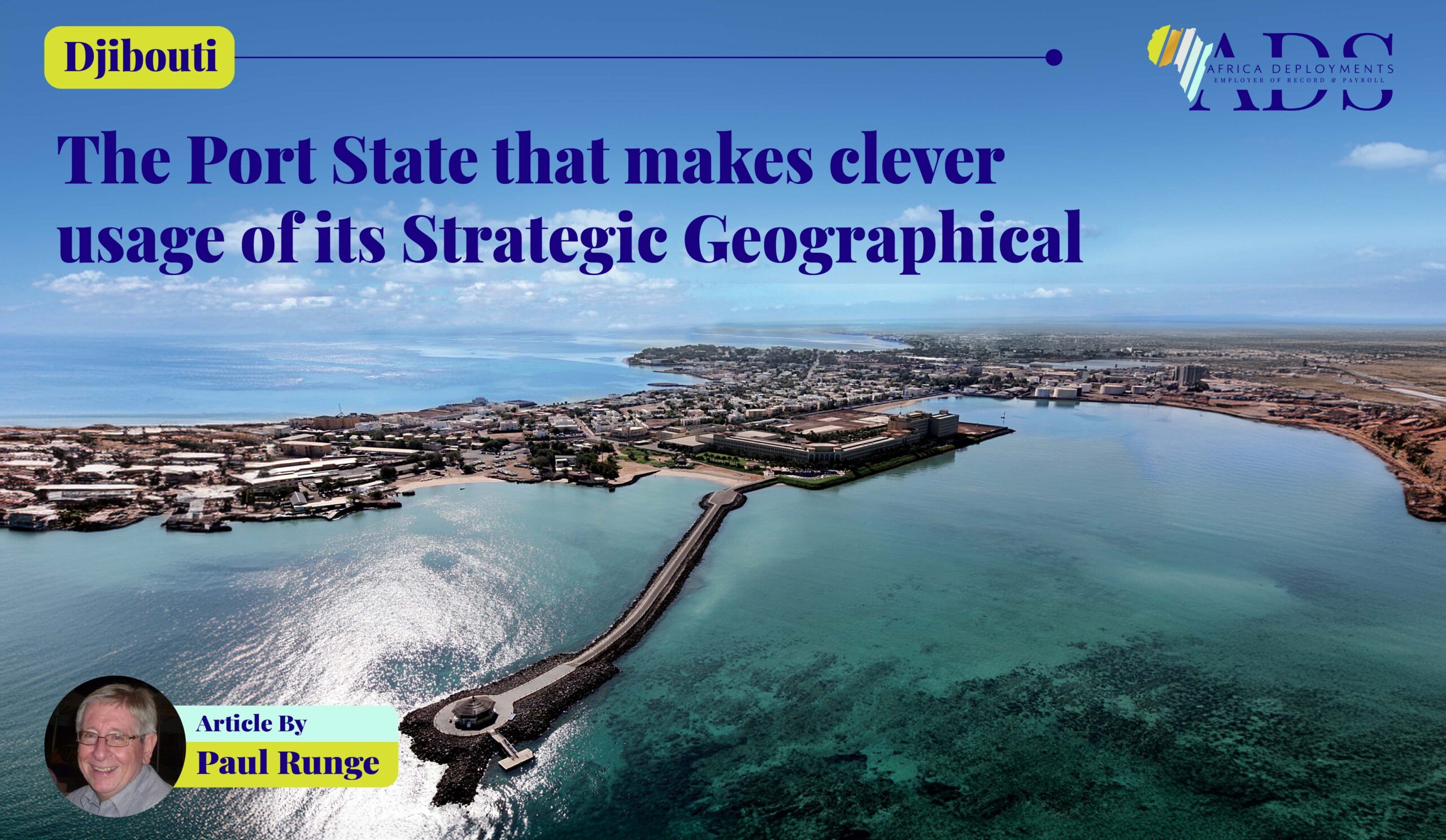
Djibouti: The Port State That Makes Clever Usage of Its Strategic Geographical Situation
A first contact with Djibouti…
It was October 2017, and a delegation from Djibouti was coming to South Africa. Together with the Development Bank of Southern Africa, we were co-hosting them at a well-attended business briefing near Johannesburg. The delegation would then proceed to Durban to participate in a second conference.
The visitors were a high-level team. They included a senior director of the Djibouti Ports & Free Zones Authority, and the key account manager at the International Djibouti Industrial Parks Operation.
None of our team had ever been to the country before, but we had noticed that it was featuring more and more in international business news. We were eager to learn more, and to make our first key contacts in this ‘new’ market.

My first encounter with Djiboutians…
My first encounter with anyone from Djibouiti was in Addis Ababa, Ethiopia, when I had a meeting with the Chemin de Fer Djibouto-Ethiopien, or Ethio-Djibouti Railway. As sub-Saharan Africa’s second most populous country at over 100 million, land-locked Ethiopia was (and still is) highly dependent on the port of Djibouti for its sea trade. The bilateral railway utility was responsible for the metre-gauge rail line from Addis to the port. But the main reason for my visit here was to derive more information about the new 752-kilometre railway. This line would replace the historic line originally built between 1894 and 1917, connecting the Ethiopian capital to the port city (then in French Somaliland.)
Our meeting was conducted partly in French. (Djibouti being the only former French colony on the eastern side of the continent). At the time, a strong road trucking lobby in both countries was lobbying to halt the new, standard-gauge line. The huge rail project was ultimately completed by Chinese contractors in 2017.

What I had known beforehand about Djibouti…
Having studied African colonial history, I knew that Djibouti was a former French territory which had once been known as the Territory of the Afars and Issas. It achieved its independence relatively late, in 1977. We also knew that it has a highly strategic geographical location at the confluence of the Red Sea, Gulf of Aden, and Indian Ocean. It is bordered by Somalia to the south, Eritrea to the north, and Ethiopia to the southwest. Its position opposite the Arabian Peninsula means that it is well linked to the Gulf region. It is an access point to the busy Suez Canal shipping route. It is dry and barren, with little industry, but has developed in to a ‘port state’: the economy relies largely on income from port shipping facilities.
A friend had made me aware that the country also has mining potential. He visited Djibouti to help develop a salt mine in a lake which was below sea level. I had also read of the largest potash deposit in the world at Colluli.

What the visiting Djibouti delegation had to tell us…
Our Djibouti business visitors presented the audiences at the conferences in Johannesburg and Durban with a long and impressive list of projects:
Six ports were to be established by mid-2018, making for the “biggest port complex in Africa” with US$ 13,3 billion to be spent over five years. (Ninety ships pass Djibouti daily.) The ports programme included an international container terminal, a new multi-purpose port, a hydrocarbons terminal, a dedicated port for the export of potash and another for salt exports, and a ship repair, dry dock and bunkering facility.
The list for non-maritime projects was also long:
A Free Trade Zone covering an area of 4 800 hectares was being planned. A second power interconnector with Ethiopia and a second road to Ethiopia was under construction. An additional rail link with Mekele in Ethiopia was planned. Two airport construction projects were listed. Solar and coal-fired power plants were included. They declared their intention to draw on gas from the Ogaden Desert to develop a gas-to-power plant. The delegates referred to seven fibre optic cables which were converging in Djibouti to turn it into a major data hub. Various hotel and tourism projects were mentioned.
Reference was made to new investor-friendly legislation and the desire for collaboration with local, regional and international business.

A contentious question from a delegate…
A young attendee at the Durban conference put his hand up and posed a question to the Djibouti group. “Why is your country giving away its sovereignty by allowing so many foreign powers to establish military and naval bases there? I don’t understand why you are giving in to the neo-colonialists.”
We had all expected this question to come from the floor, and were surprised that it had not been asked at the Johannesburg event.
The USA, China, France, Spain, Italy and Japan have military bases in Djibouti. Germany has a military presence, and Saudi Arabia is reportedly developing its facility there. The total rent value accrued by Djibouti from hosting these bases is difficult to ascertain. It runs into the hundreds of millions of US Dollars and represents a substantial percentage of the country’s hard currency income.
Apart from the geo-political interests of those countries present, there is also the need to keep the vital Suez and East African shipping lanes open and functional. Piracy has continued off the Somali coast. A consequence of the war in Yemen has been attacks by Yemeni Houthi rebels on vessels from western states. The rebels claim that western shipping lines are exacerbating the plight of Palestinians by supplying Israel. The region’s unrest is restricting maritime trade through the Suez Canal.
Our Djibouti guests responded diplomatically to the young man’s question. They emphasised that as a sovereign country, they have every right to determine the conditions under which the countries concerned can operate. They remain in firm control of the bases. The presence of these foreign installations strengthens Djibouti’s foreign standing and sovereignty rather than weakening it. And then there are the obvious economic benefits to the country…
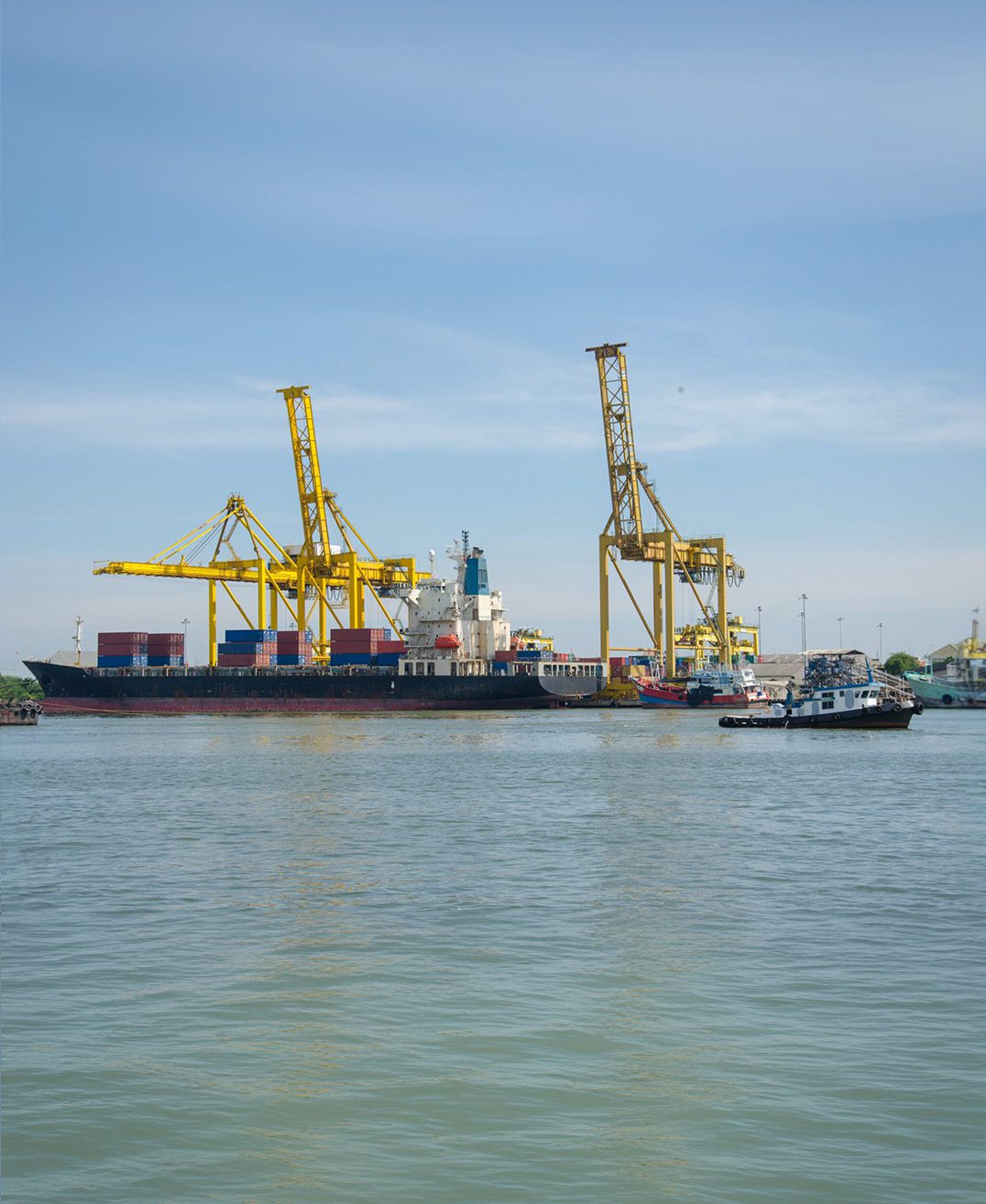
How much progress has Djibouti made?
Djibouti is a country with many economic problems, notably its high unemployment due to a low industrial base. However, the annual GDP is increasing at over 3%. The World Bank reports that the country’s GDP per capita has more than doubled in recent years.
To what extent have the aforementioned port and port-related developments aided this improvement in Djibouti’s national economic performance? I think an investigative visit is called for?
